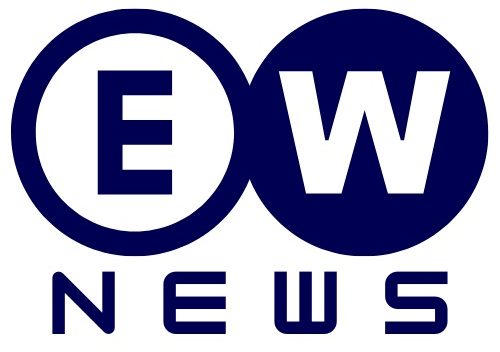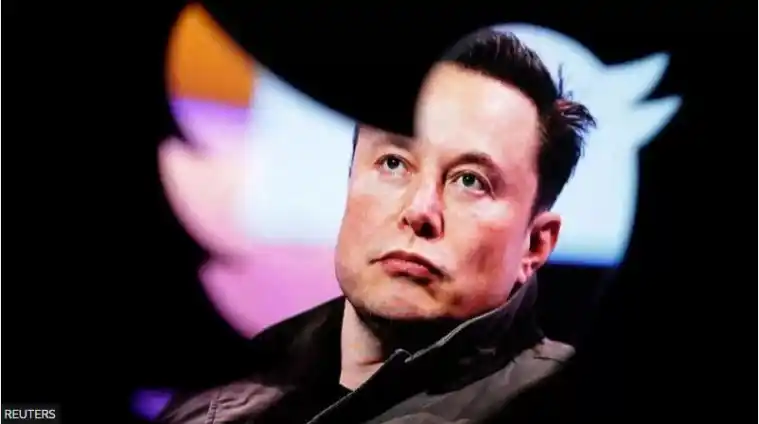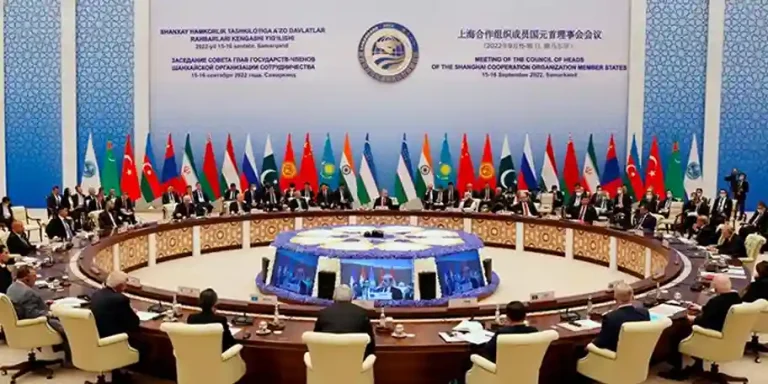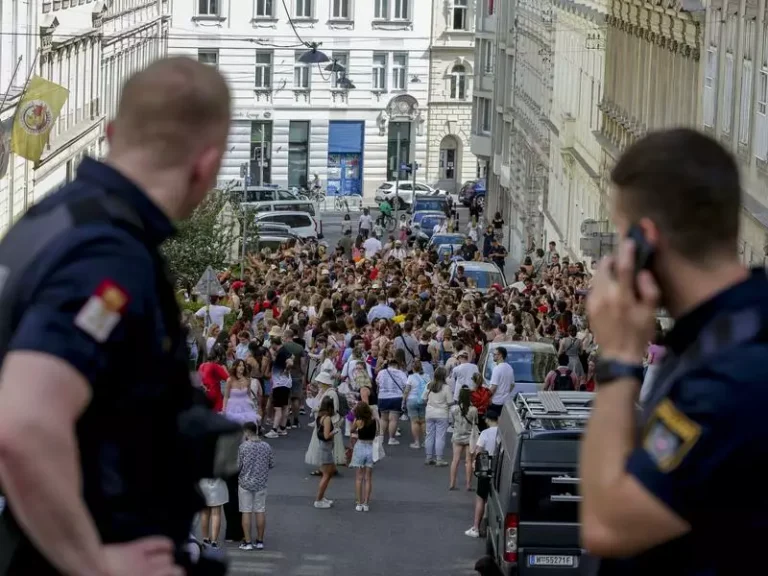The situation surrounding X (formerly Twitter) being banned in Brazil reflects a significant conflict between the judicial authority in Brazil and the social media platform, which is owned by Elon Musk. The ban stems from X’s failure to comply with a Brazilian Supreme Court order to appoint a new legal representative in the country. This move is part of a broader dispute that began in April, when Supreme Court Judge Alexandre de Moraes ordered the suspension of multiple X accounts for allegedly disseminating disinformation.
The judge’s decision to enforce a complete suspension of the platform until it fulfills all court orders and settles any outstanding fines underscores the severity of the situation. It highlights the Brazilian judiciary’s firm stance on enforcing legal compliance and combating disinformation, a crucial issue in many countries.
Elon Musk’s reaction to the ban, where he accuses the judge of undermining democracy by infringing on free speech, points to the growing tension between global tech companies and national governments. Musk’s criticism of the judge as an “unelected pseudo-judge” suggests a deep disagreement with the judicial actions taken in Brazil, framing the conflict as an issue of free speech versus state control.
This incident reflects broader global challenges where tech giants, often operating on a transnational scale, clash with national laws and regulations, especially concerning content moderation, legal compliance, and the balance between free speech and the spread of misinformation. The outcome of this conflict could have significant implications for how social media platforms operate within different legal frameworks globally.





